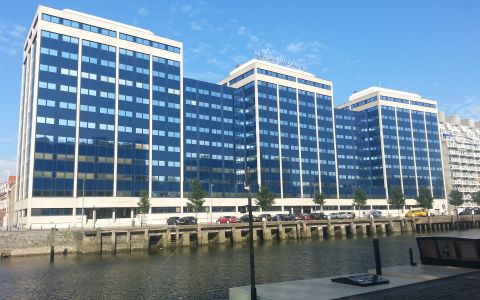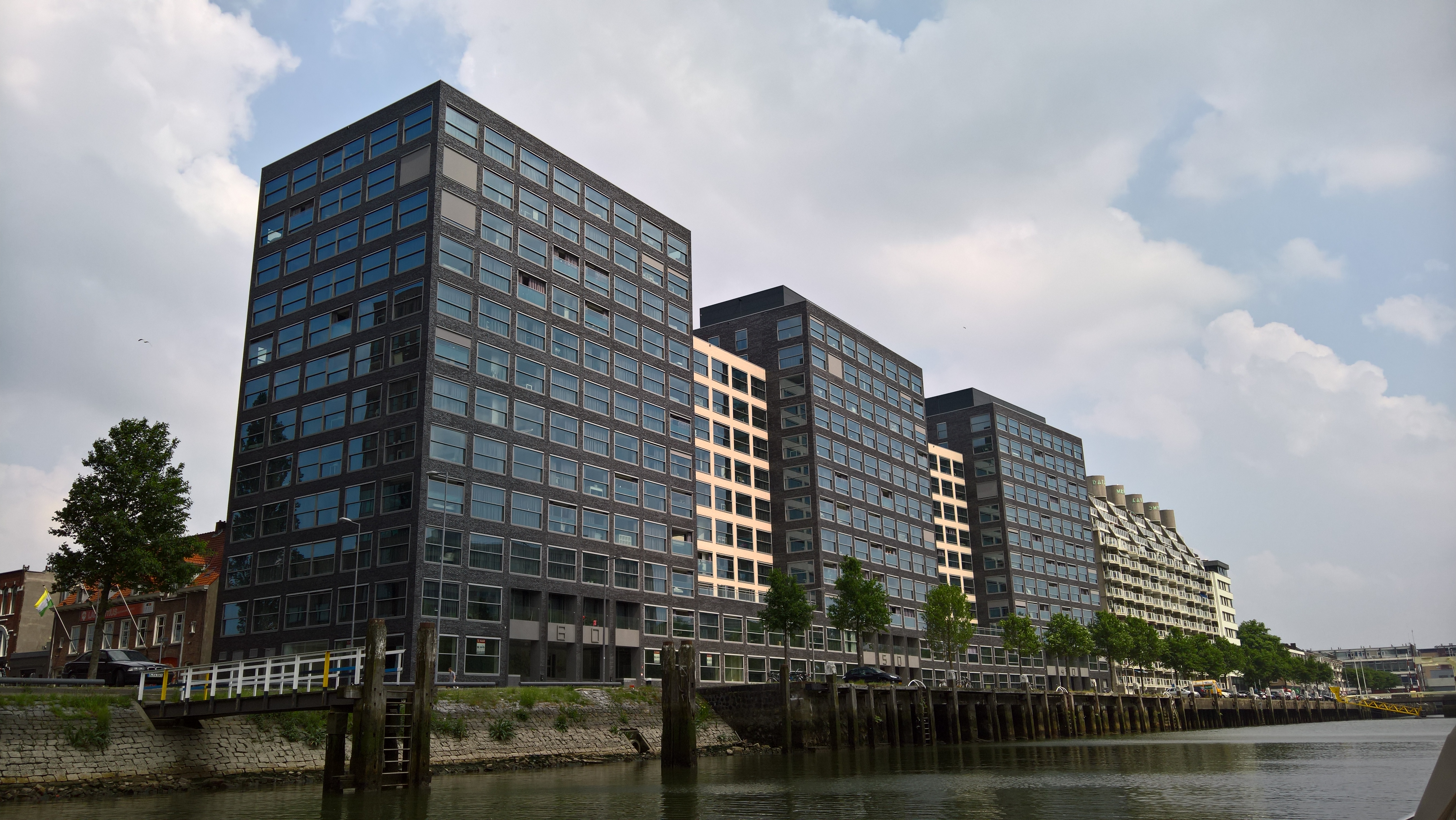It might not have solved the problem of vacant buildings completely, but the Rotterdam Transformation Team is a success and deserves to be continued. Or so says Hilde Remøy’s (Management in the Built Environment) research on the subject.
Between 2011 and 2014, over 200,000 square metres of vacant office space in Rotterdam was redeveloped for a new purpose. This might not have solved the problem of vacant buildings completely – partly due to additional new build – but without the Transformation Team it could have been a lot worse. Funny enough, there wasn’t much enthusiasm in Rotterdam for implementing the much more assertive national covenant to combat vacant buildings (Nationaal Convenant Leegstand) in the beginning. “Support for the Rotterdam approach was and is much greater now. And that is crucial,” believes Remøy.
Former Alderman of Spatial Planning & Housing Hamit Karakus launched the covenant to combat vacant office space (Convenant Aanpak Kantorenleegstand) in 2011 because of the sharp increase in vacant offices. In consultation with market parties, he set up a team of civil servants to take a close look at promising properties and to pave the way for transformation. A survey carried out by Hilde Remøy among 128 real-estate professionals, including 20 in-depth interviews, indicates that the target group appreciates the facilitating approach adopted by the municipality and that other municipalities are using it as an example. Market parties believe that the administrative capacity should be increased, while smaller parties are also requesting to be involved in the platform.
Just like elsewhere, regulations – and with it processing time – in Rotterdam are often seen as a hindrance. Fire-prevention demands often form an insurmountable obstacle for redeveloping offices into housing; moreover, a number of transformations were wrecked by recommendations from the committee for Aesthetics and Monument Preservation. Since the introduction of the 2012 Building Decree, transformations no longer need to meet the requirements for new build and the provisions of the 2014 Environmental Law Act facilitate deviations from the zoning plan. “Unfortunately, this relaxation of the rules did not apply to Aesthetics and Monument Preservation, though. And fire-prevention regulations cannot simply be modified,” says Remøy.
Area-specific
The research concludes that it is important that transformation policy has an area-specific focus. The success of an office-space transformation depends greatly on whether it corresponds to the opportunities in a specific area. Remøy also calls for setting up an incentive fund to finance reduced fees and property tax in the year of transformation. Strengthening the current transformation service could foster the more effective dissemination of the abundance of knowledge built up in recent years.
The research report also pleads for control measures such as a building freeze or an old-for-new scheme. The latter is surprising, since disagreement about the ‘demolition fund’ is seen as the main reason why the national covenant to combat vacant buildings has yet to be implemented. Remøy: “In some areas, demolition for facilitating new build is inevitable. But as a general rule it is undesirable: when a developer who owns just a single location has to purchase a property elsewhere to demolish it, the effect will be to push up prices of discarded buildings.”
Despite the success of transformation, Remøy estimates that at least fifty per cent of all vacant office buildings in Rotterdam are facing demolition. Due to the addition of large-scale new-build projects (De Rotterdam, FIRST), structural vacancy rose to 20 per cent in 2014. And this figure is expected to rise further, owing to the fact that the national average amount of office space per employee is declining towards 13 square metres. Office workers in Rotterdam are currently enjoying twice as much office space on average. As elsewhere, vacant offices in the city centre have a good chance of being reallocated. The chances for vacant premises outside the centre, however, are poor. “It begs the question what can be done with an eccentric location like Brainpark. Perhaps transform it to house refugees?”


